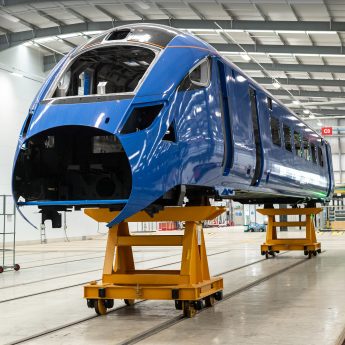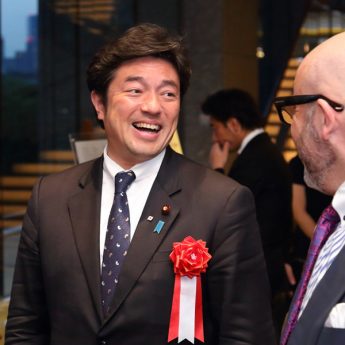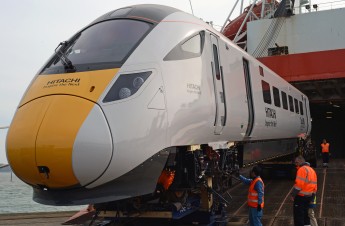Despite huge potential, it’s caveat emptor
A history of political instability, ethnic violence, international sanctions and a lack of legal protection for foreign investors are the hallmarks of the economic climate in Myanmar. But have we turned a corner?
Until recently, sanctions had been imposed on Myanmar by the US, UK, EU nations and Australia, making investment into the country difficult, if not impossible. Encouraged by recent democratic reform, Australia, the UK, Norway, the US and the EU recently announced the suspension or relaxation of sanctions, or the intention to do so.
From the perspective of many investors, the recent reforms and relaxing of sanctions has made the proposition of investment into Myanmar far more appealing. With many of the emerging markets in South East Asia showing signs of slowing, many investors see Myanmar as a ground floor investment with good prospects for returns.
To encourage foreign investment, the government of Myanmar is undergoing a process of reform that will see a number of obstacles to foreign investment removed or relaxed. A proposed amendment to the 1988 Foreign Investment Law is expected to remove several barriers to trade, including increased income tax holidays, allowing wholly owned foreign firms to invest without requiring that they form a joint venture with a local partner, and a guarantee that foreigners’ investment businesses will not be nationalised during the contract term.
Of the many sectors open for investors, oil and gas is one of the most appealing, be the investment direct or in supporting industries.
In the late 1800s, Myanmar—or Burma as it was known then—produced its first barrel of oil. Despite political upheavals and sanctions, this has emerged as the nation’s leading industry. According to government statistics, it comprises about 42% of foreign direct investment into the country.
Myanmar is believed to have significant onshore and offshore reserves of crude oil and natural gas. It boasts crude oil reserves almost as large as those of Indonesia, and natural gas reserves as large as found in Thailand.
The framework for investment in exploration, and the production of oil and gas is not too different from that found in other South East Asian countries, such as Vietnam and Indonesia. Characteristically, sectors of the mainland and surrounding waters are divided into blocks which are generally awarded under a tender system. The successful bidders enter into a production-sharing contract with the state-owned oil firm Myanmar Oil and Gas Enterprise.
Recently, 10 onshore blocks were awarded to eight international firms working with local partners. The next round of offshore licencing, which may be announced later this year, is expected to comprise a further significant number of blocks.
Despite Myanmar’s potential, should this optimism be tempered with a degree of caution?
Aung San Suu Kyi, general secretary of the opposition National League for Democracy, recently expressed the need for “healthy scepticism” rather than “reckless optimism”.
Despite the suspension, or relaxation, of sanctions and democratic reforms, firms considering investment in Myanmar should bear in mind that there are still some fundamental challenges and concerns:
Sanctions—Despite making public their intention to ease the sanctions, US sanctions are still in force and shall remain so until such time as legislation is specifically enacted to lift them, or a regime of licencing/exemption is put into place. The sanctions are only suspended for 12 months; should they be reinstated, how would existing investments be treated? It is not clear whether grandfathering provisions will protect investments made during the period of suspension, or whether investors would be required to divest themselves of their businesses and assets in Myanmar.
The law—The legal system is not transparent and Myanmar is not a party to the New York Convention, which makes enforcement of arbitral awards difficult.
Finance—Access to onshore finance and taking security in Myanmar is limited.
It is too early to judge whether the reforms being made in Myanmar are part of a genuine long-term programme, or a strategy to induce international support; only time will tell. What is certain is that foreigners seeking to invest should do so with caution and the appropriate legal advice.





